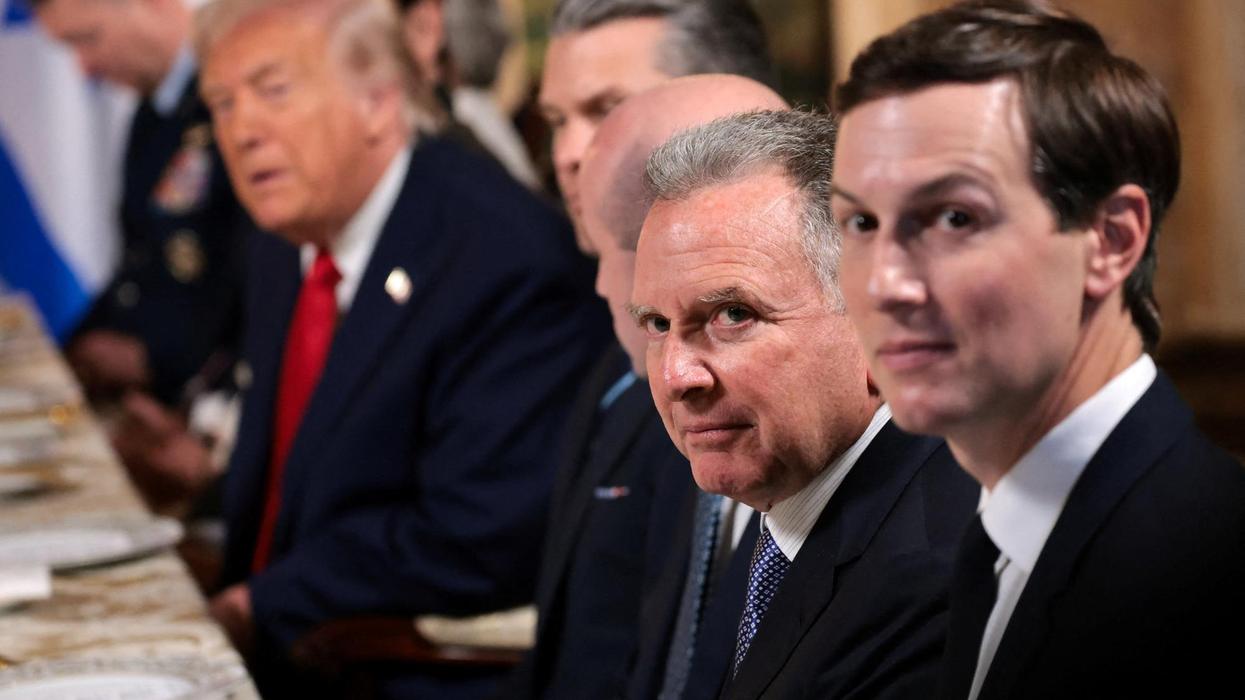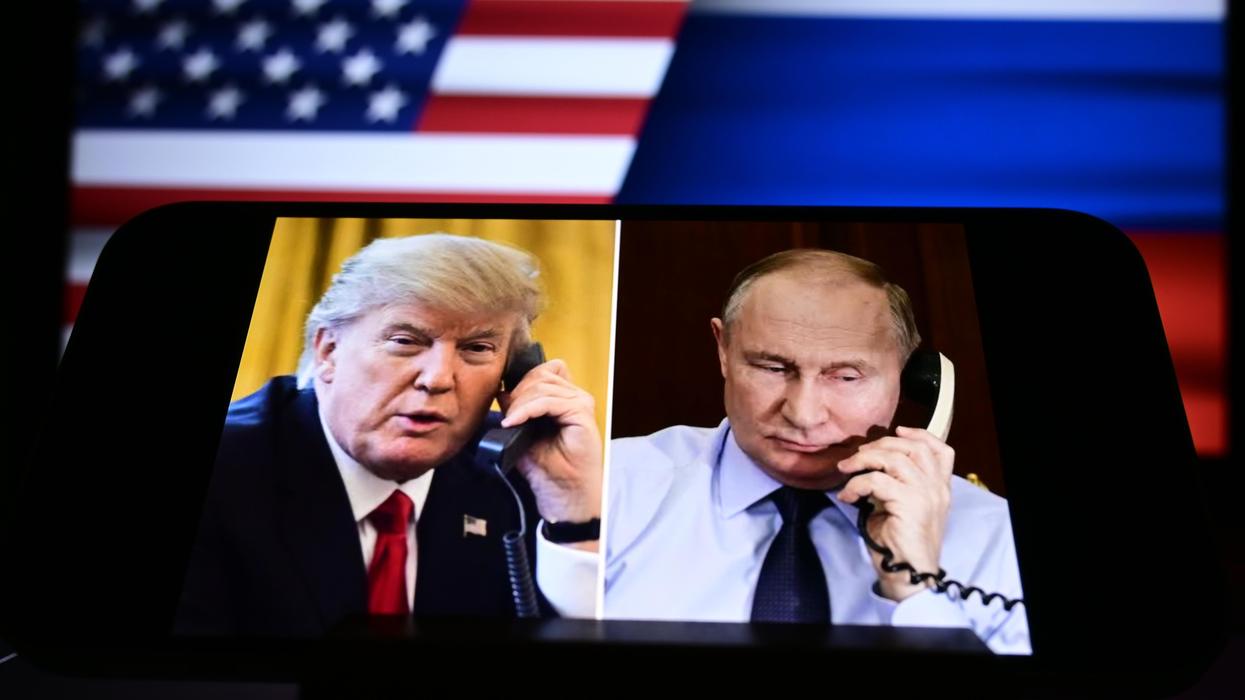President Joe Biden entered office emphasizing human rights. He even promised to organize a summit of democracies to challenge the world’s authoritarian regimes. His administration appeared ready to embark on an interventionist and confrontational course against friends and adversaries alike.
However, reality rapidly intervened. Biden dropped his plan to make Saudi Arabia a “pariah” and responded mildly to Russia’s mistreatment of opposition leader Alexei Navalny. The prospect of a democratic conclave receded amid the challenges of a Burmese coup, Ukrainian impasse, and Gaza conflict.
Nevertheless, Biden should not drop his commitment to human rights, even though the issue has proved more complex than the president apparently expected. His efforts should reflect global realities and American limitations. Although national interest should drive U.S. foreign policy, respect for human rights should shape America’s actions, especially limiting the means used to achieve military and political ends.
The central purpose of Washington’s international strategy should be to advance the interests of the American people. That means protecting them along with their territory, constitutional system, liberties, and prosperity. These objectives transcend the many other goals routinely set by governments.
Nevertheless, emphasizing interest does not preclude a serious commitment to values. At the very least, the means chosen should be consistent with respect for human life, dignity, and liberty. This principle necessarily restrains military adventurism. Careless and frequent war-making raises fundamental moral issues. For instance, invading Iraq and supporting the Saudi attack on Yemen proved criminal as well as imprudent.
More broadly promoting human rights also is legitimate so long as doing so doesn’t undermine Washington’s obligations to its own people. The U.S. must consider trade-offs: There ain’t no such thing as a free (foreign policy) lunch. Going to war even for nominally humanitarian ends puts Americans and America at risk. Sanctions can lead to serious retaliation and poison important geopolitical relationships.
Moreover, effectiveness matters. Government human rights “promotion” often is primarily virtue signaling by Washington to American voters and foreign officials, with little or no benefit for the oppressed. Indeed, self-serving efforts purporting to play the global Good Samaritan sometimes hurt the most vulnerable. The first priority of human rights promotion should be genuine concern for those in need.
How to implement such a policy?
— Borrow the Hippocratic Oath from doctors: foreign policy practitioners should first do no harm. That is, America has a higher duty to avoid taking actions that promote violations than to undertake interventions to prevent violations. The U.S. should most closely address crimes committed by allies, which benefit from all manner of American support. Among grossly abusive governments that Washington directly subsidizes, arms, or otherwise assists are Bahrain, Egypt, Saudi Arabia, Turkey, and United Arab Emirates.
— Choose security over human rights only reluctantly and when absolutely necessary — such as backing the Soviet Union in World War II. Thankfully, such compromises are rarely necessary in the post-Cold War era. For instance, neither Saudi Arabia nor Egypt is a vital ally in today’s world. And they would still have good reasons to remain friendly with Washington even if the latter, say, cut aid distributions to Cairo and arms sales to Riyadh. The U.S. should formally call its friends to account even if prudence requires tempering the punishment it imposes.
— Establish moral credibility by applying the same standard to friends and foes. The Trump administration waxed eloquent about Iranian human rights violations while shielding Saudi Arabia’s murderous regime from the consequences of even more grotesque barbarities. President Trump demanded that Cuba democratize while calling Egypt’s brutal Abdel Fattah al-Sisi his “favorite dictator.” Such ostentatiously inconsistent policies made it impossible to take the previous administration’s human rights pronouncements seriously and doomed its supposed humanitarian efforts.
— Do not use human rights as a geopolitical weapon. There is no room for the callous attitude that “we think the price is worth it,” as expressed by former Secretary of State Madeleine Albright. Broad-based sanctions in the name of human rights usually hurt general populations far more than governing elites. In Syria Washington ruthlessly turned humanitarianism on its head by imposing savage economic restrictions on the already impoverished public in the name of punishing the Assad regime, while actually immiserating the Syrian people to create a “quagmire” for Russia, in the words of Ambassador James Jeffrey. Punishing innocent people to force political change also has failed in countries as diverse as Cuba, Iran, and Venezuela. Better to narrow sanctions, such as targeting Burma’s military rather than economy after the generals staged the February coup.
— Understand the limits of sanctions. Magnitsky Act penalties typically penalize individuals, sometimes political and military officials guilty of crimes, sometimes supporters of the latter, such as business oligarchs. These measures win public praise but often have little practical impact even on those targeted and almost certainly will not change regime behavior. Who imagines that barring the Xinjiang party chief from getting a U.S. visa will cause Beijing to free the Uyghurs? The symbolic value may be worthwhile, but feeling virtuous is a poor substitute for aiding victims.
— Recognize that authoritarian regimes view human rights violations as mandatory, not optional. No dictatorship will abandon repression on Washington’s demand, even if backed with diplomatic and economic pressure. Diplomacy should probe for more limited objectives — e.g., request the release of particular dissidents rather than of all political prisoners, press Russia to assure Navalny’s health rather than demand his release, offer to trade a reduction in criticism of Chinese policy in Hong Kong for freeing protestors recently imprisoned.
— Address political and security relations before expecting improved human rights. For instance, brutal oppression ensures survival of North Korea’s Kim dynasty. So long as Supreme Leader Kim Jong-un feels vulnerable, he is unlikely to make human rights concessions. Establishing regular political dialogue and addressing regime change fears would increase the possibility, though still low, of winning at least some human rights concessions.
— Seek broad agreement among liberal democracies to challenge authoritarian states. Set realistic goals and believable penalties. China is unlikely to back down in Xinjiang no matter what sanction the West threatens. However, threats of specific commercial consequences might win agreement to end particularly egregious human rights violations. Xi Jinping won’t halt religious persecution and Internet censorship in response to international criticism, but he might free some prisoners, reopen some places of worship, or allow access to some websites as a result of more focused negotiations.
— Savor small victories. With so much injustice in the world, human rights advocates naturally desire to rescue entire peoples and nations. However, except in unique circumstances — collapse of the Soviet Empire, end of brutal dictatorships in countries such as Tunisia and Sudan — success is likely to come in much smaller doses. The latter should be celebrated. Saving individuals and families still results in a better world.
The Biden administration’s emphasis on human rights is welcome. Respect for human life, dignity, and liberty should undergird American foreign policy. This commitment does not justify peripatetic or reckless intervention. Instead, implemented prudently, human rights promotion also advances America’s national interest.
















